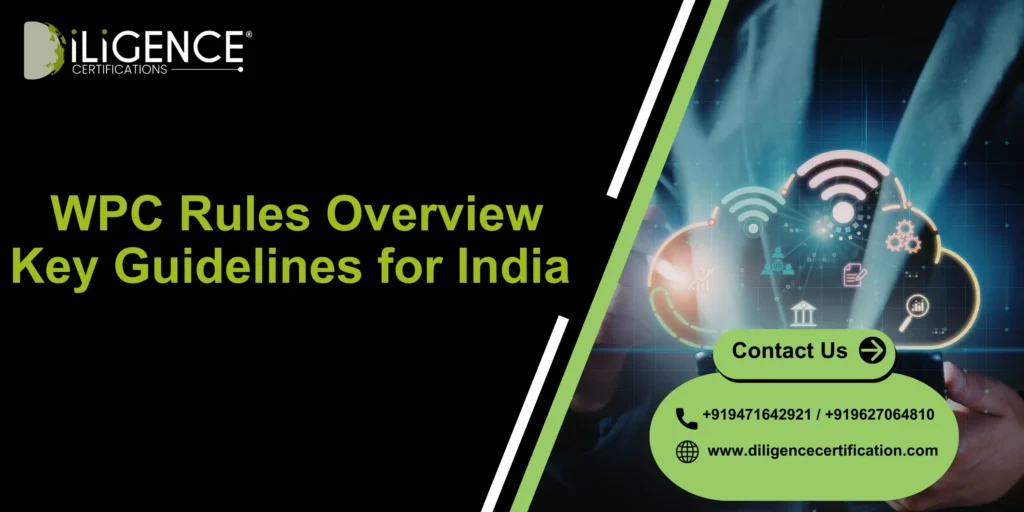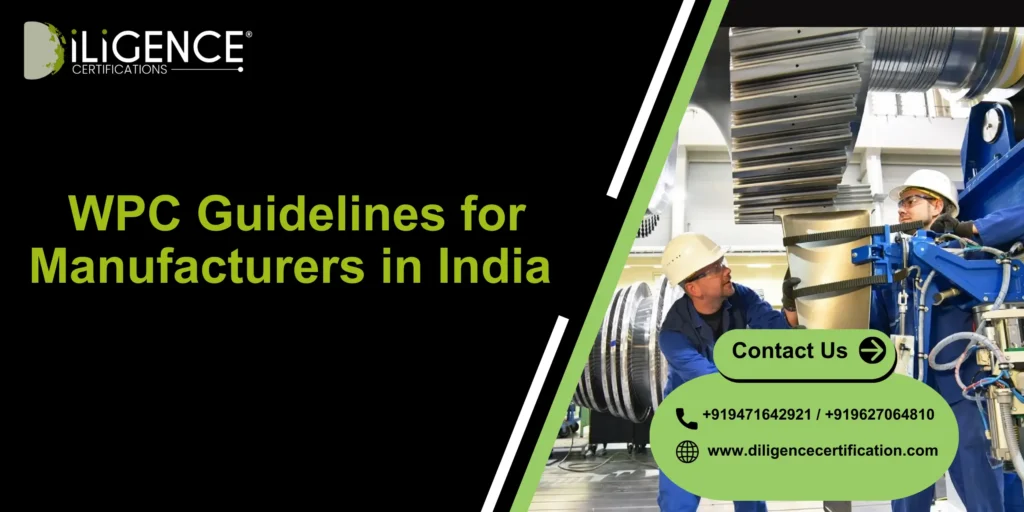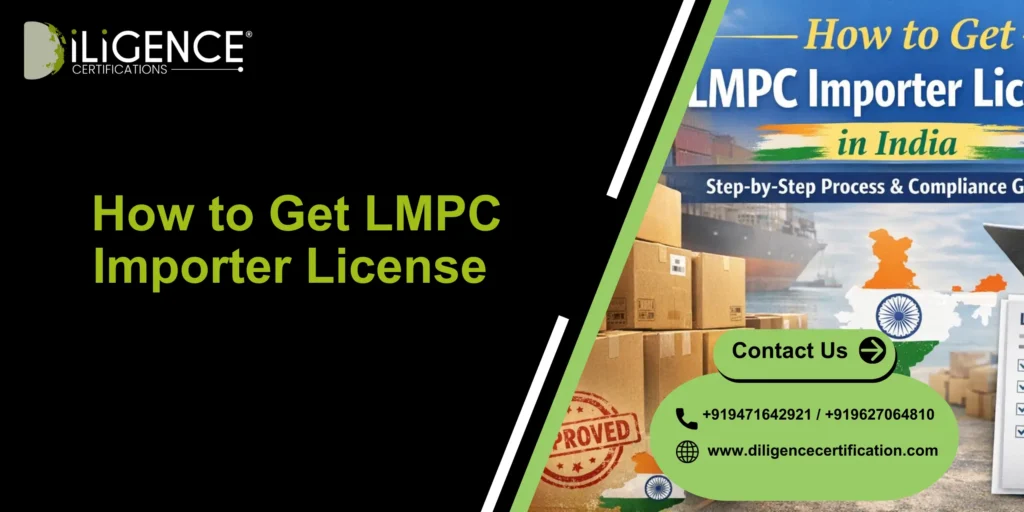
As global awareness about environmental sustainability grows, Extended Producer Responsibility (EPR) has become a critical regulatory framework for businesses involved in the import of goods. EPR Certification is designed to hold importers accountable for the end-of-life management of their products, ensuring responsible disposal or recycling. For businesses looking to import goods while maintaining compliance and avoiding hefty penalties, securing EPR Certification is a necessity. In this blog, we will explore the concept of EPR Certification for imports, its importance, the application process, and how Diligence Certifications can help businesses achieve compliance while building a sustainable brand.
What is EPR Certification for Imports?
Extended Producer Responsibility (EPR) is a regulatory approach that makes manufacturers, importers, and brand owners responsible for the lifecycle of their products, including waste management after the product’s useful life.
For importers, EPR Certification serves as official documentation that confirms compliance with waste management and recycling standards outlined by the relevant authorities. This certification ensures that imported goods are managed responsibly, minimizing their environmental impact.
Importance of EPR Certification for Imports
EPR Certification is not just a regulatory requirement—it plays a crucial role in shaping a company’s sustainability efforts. Below are some reasons why it’s essential:
- Regulatory Compliance: EPR Certification ensures adherence to government regulations, avoiding fines and penalties.
- Environmental Responsibility: Promotes eco-friendly practices, including recycling and proper waste disposal.
- Brand Reputation: Enhances the brand’s image as a sustainable and socially responsible organization.
- Market Access: Some markets mandate EPR Certification as a prerequisite for trade.
- Penalty Avoidance: Non-compliance can result in significant fines, shipment rejections, and operational disruptions.
- Circular Economy Contribution: Encourages recycling and reuse, contributing to the global shift towards a circular economy.
Key Features of EPR Certification for Imports
| Aspect | Description |
| Authority | Issued by government bodies or designated agencies, depending on the country. |
| Scope | Covers waste management, recycling, and disposal of imported goods post-consumer use. |
| Applicability | Mandatory for specific categories like electronics, batteries, plastics, and packaging materials. |
| Validity | Certification is typically valid for a defined period, requiring periodic renewal. |
| Documentation | Requires submission of product details, recycling plans, and compliance reports. |
| Penalty for Non-compliance | Non-compliance can lead to financial penalties, legal actions, or import restrictions. |
Products That Commonly Require EPR Certification
EPR Certification is mandatory for various product categories, including but not limited to:
- Electronics and Electrical Equipment (EEE): Such as mobile phones, laptops, and household appliances.
- Batteries: Including portable, industrial, and automotive batteries.
- Plastics and Packaging Materials: Used in product packaging and shipping.
- Lighting Equipment: Such as LED lights, bulbs, and fixtures.
Steps to Secure EPR Certification for Imports
Securing EPR Certification involves a structured process to ensure compliance with environmental regulations. Here’s a step-by-step guide:
- Identify Applicability: Determine if the imported product falls under the categories requiring EPR Certification.
- Understand Regulatory Requirements: Research the specific rules and waste management guidelines applicable to the product.
- Prepare Documentation: Gather all necessary documents, including:
- Product specifications
- Import license
- Recycling or waste management plan
- Test reports (if applicable)
- Submit Application: File an application with the designated authority, along with the required documentation.
- Undergo Review: The application and supporting documents will be reviewed by the authority for accuracy and compliance.
- Obtain Certification: Upon approval, the EPR Certification is issued, allowing for the import of compliant goods.

Testing and Compliance Requirements for EPR Certification
Imported goods must meet specific testing and compliance standards to qualify for EPR Certification. These may include:
- Material Composition Testing: Ensures that the materials used in the product comply with environmental safety standards.
- Recyclability Assessment: Evaluates the product’s potential for recycling or reuse.
- Waste Management Plan: Confirms the existence of a detailed plan for handling the product’s end-of-life disposal.
The Role of Diligence Certifications in Securing EPR Certification for Imports
Navigating the complexities of EPR Certification can be challenging for businesses. This is where Diligence Certifications comes in as a trusted partner. With extensive expertise in regulatory compliance, Diligence Certifications offers end-to-end support for securing EPR Certification. Here’s how:
- Regulatory Expertise: Provides detailed guidance on EPR requirements and regulations applicable to imported goods.
- Documentation Assistance: Ensures accurate preparation and submission of all necessary documents.
- Liaison Services: Acts as an intermediary between businesses and regulatory authorities to expedite the certification process.
- Compliance Assurance: Conducts pre-certification audits and reviews to identify and address potential compliance gaps.
- Post-Certification Support: Offers assistance with renewals and updates to maintain compliance over time.
By leveraging the services of Diligence Certifications, businesses can ensure seamless certification, avoid penalties, and enhance their sustainability credentials.
Key Challenges in Securing EPR Certification
Despite its importance, securing EPR Certification can be a complex process. Common challenges include:
- Dynamic Regulations: Keeping up with ever-evolving environmental laws and standards.
- Documentation Errors: Mistakes in paperwork can delay or jeopardize the certification process.
- Technical Barriers: Lack of knowledge about testing and compliance requirements.
- Time Constraints: Lengthy review and approval processes can affect operational timelines.
Partnering with experienced consultants like Diligence Certifications can help businesses overcome these challenges efficiently.
Key Points to Remember for EPR Certification for Imports
- Start Early: Initiate the certification process well in advance to avoid delays.
- Understand Applicability: Ensure that your product category requires EPR Certification.
- Comprehensive Documentation: Prepare all required documents accurately and thoroughly.
- Stay Updated: Regularly monitor changes in regulations and compliance standards.
- Seek Professional Support: Work with experts to streamline the certification process and avoid pitfalls.
Conclusion
In today’s environmentally conscious world, securing EPR Certification for Imports is not just a regulatory obligation but a strategic move towards sustainable business practices. It ensures compliance with environmental regulations, mitigates the risk of penalties, and enhances brand reputation. By taking responsibility for the lifecycle of their products, businesses contribute to a greener future while gaining the trust of consumers and stakeholders.
Navigating the complexities of EPR Certification can be daunting, but with Diligence Certifications, the process becomes seamless and efficient. From regulatory guidance and documentation support to liaison services and compliance assurance, Diligence Certifications is your trusted partner in achieving environmental compliance and boosting your brand’s sustainability.
Ensure your imports meet the highest standards of environmental responsibility. Contact Diligence Certifications today and take the first step towards a sustainable future.
Stay tuned for more insights on regulatory compliance, certifications, and sustainable business practices!






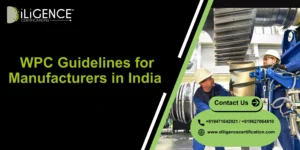
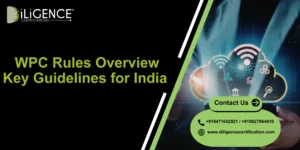
 BIS Certification
BIS Certification
 CDSCO
CDSCO
 CPCB
CPCB
 LMPC
LMPC
 WPC Approval
WPC Approval
 Global Approvals
Global Approvals
 TEC
TEC
 ARAI
ARAI
 BEE
BEE
 ISO Certification
ISO Certification
 DGCA Certification
DGCA Certification
 NOC For Steel
NOC For Steel



















 Business Registration
Business Registration















 Legal Services
Legal Services
 Trademark Registration
Trademark Registration
 Copyright Registration
Copyright Registration
 Patent Registration
Patent Registration













































